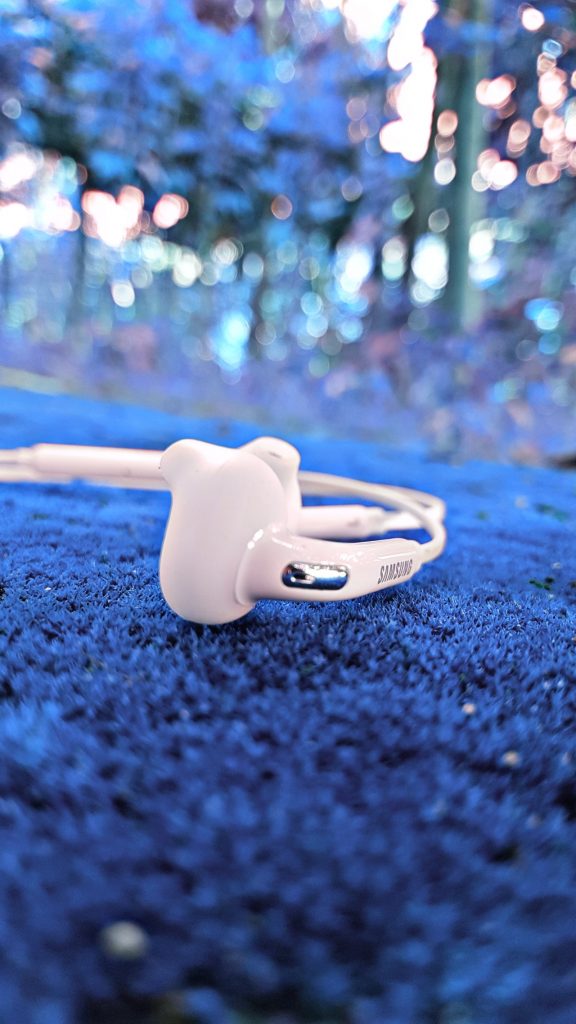Hearing loss is something millions of Americans put up with, it’s also something that American health insurance plans are very hit or miss about when it comes to coverage. This in part explains why even though an estimated 30 million Americans would be better off with hearing aids, only 10 million actually have them.
The Extent of the Problem
In 2017, Johns Hopkins University estimated that the number of American adults suffering from hearing loss problems will double by 2060. This is in part due to an aging population, but the main culprits are smartphones, earbuds, and headphones.
People use their audio devices to drown out other sounds, pumping up the volume to dangerous levels. Under these circumstances, hearing damage is almost inevitable. Our streets have gotten louder, too. For city dwellers, the sounds of machinery, cars, construction equipment, and trains are causing accelerated hearing loss. Our modern lifestyle means the role of audiologists is more crucial than ever.
Does health insurance cover hearing aids and hearing tests?
It all depends on the type of health insurance you have, your age, and exactly what kind of hearing aid or test you need. Most plans do cover hearing tests, but that doesn’t do you a whole lot of good if they don’t cover hearing aids.
The Exceptions
There are a few exceptions, especially among employer-sponsored insurance plans. Unfortunately, these are becoming rarer since the Affordable Care Act priced many employers out of the insurance market.
Medicare and Medicaid
In many states, Medicare and Medicaid consistently fail to provide any real hearing-related health coverage, despite the fact that the older population they are meant to serve are the ones most at risk of serious hearing issues.
Understanding your policy
It’s important to check the details of your policy carefully. Some policies may refer to a hearing aid “allowance.” This means your insurance will contribute a fixed amount towards hearing aids, and you will pay the rest. Others offer a discount if you buy from certain providers, but you will still cover the entire cost yourself.
While testing is often covered, your plan is highly unlikely to cover hearing aids; and it’s almost unheard of for an insurance plan to cover cochlear implants. There may be some exceptions for traumatic hearing loss that results from an accident or otherwise covered condition.
Why is it like this?
For those living with the reality of hearing loss, it can be devastating to realize that insurance will not cover much treatment for the condition. The reason insurance companies are reluctant to pay out for hearing loss is a simple calculation of risk. Insurance only covers risks: it does not cover certainties.
If a company ensures 100 people against a car accident, for example, all of them pay, but most of them will not be in a car accident in any given year since one person’s yearly risk of being in an accident is only about 1 in 8,000. The risk is spread over 100 people.
Unfortunately, hearing loss is not an unlikely risk. For most Americans, eventual hearing loss is almost certain. Thus insurance companies do not cover it.
Keep Up With Your Hearing
Regularly get your hearing checked. Then you’ll know early whether you need to look for policies with better hearing coverage.
Stay Covered
Don’t let your coverage lapse when you’re switching between plans. Short term insurance plans can help here, and they’re also good for filling in the gaps where your major medical insurance may be lacking.
A lot of plans don’t cover much in the way of hearing health care, but don’t let that stop you from taking good care of your hearing and getting regular checkups. If you catch problems early, you can prevent more serious hearing loss down the road.





